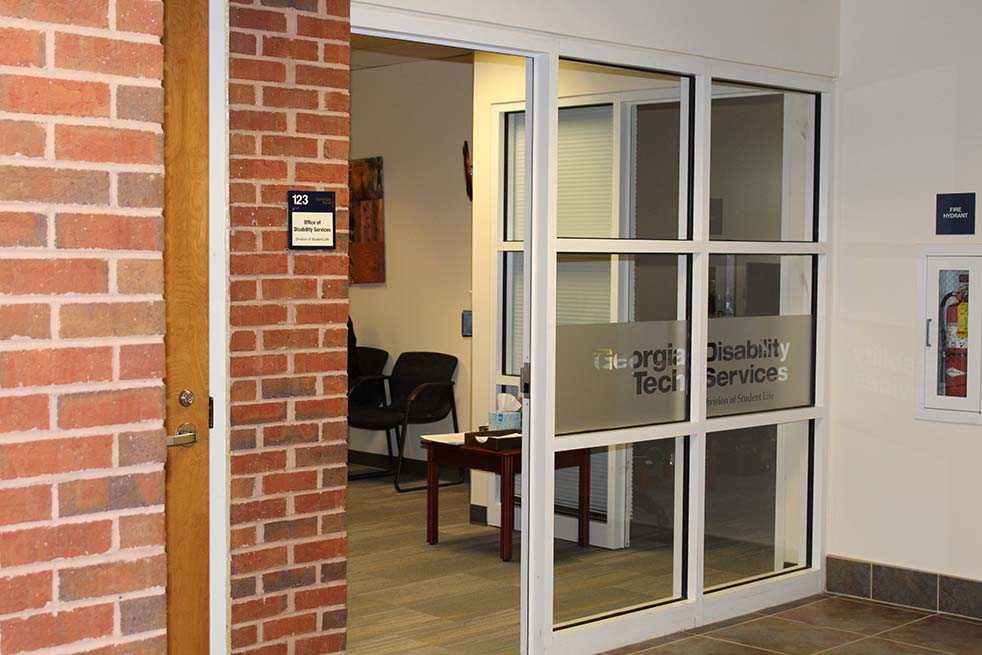On Oct. 1, the first DiversAbility Day brought several representatives from disability aid and advocacy organizations into a ballroom in the Tech Square Research Building (TSRB) to discuss challenges and successes that people with disabilities face across campus.
Organized by the 2018 Diversity and Inclusion Fellows, DiversAbility Day was arranged to coincide with the start of October, which is the National Disability Employment Awareness Month. The National Disability Employment Awareness Month was established in 1988 by an act of Congress in order to “embrace the talents and skills that individuals with disabilities bring,” according to an October 2014 White House press release.
The main course of the DiversAbility day was a panel of speakers representing the Excel Program at the Scheller College of Business, the Office of Disability Services (ODS), Tools for Life, the Rehabilitation Engineering Research Center for Wireless Technologies, and AMAC Accessibility Solutions. These organizations comprise some of the many active resources for students with disabilities on Tech.
Much of the panel discussion surrounded accessibility concerns across campus and complaints that stemmed from issues with the Americans with Disabilities Act (ADA), whose legally mandated accommodations are often impeded by faulty door switches, elevators and walkways in need of repairs, or persons not being mindful in their actions.
This last human element is one of the largest obstacles to accessibility, especially with the recent rise of dockless electric scooters across campus.
“The Bird or Lime scooters are causing a huge accessibility issue for us,” said Rebecca Frost, the assistant director of ODS. “They’re just being left in the middle of pathways, at the bottom of staircases, left on sidewalks or left blocking the curb cut.”
“Tech’s accessibility issues are systemic, and issues that are found across the country,” Frost said. “They’re not specific to Tech.”
Issues with accessibility often stem not from malicious exclusion, but rather from a lack of awareness of how people with disabilities — physical or otherwise — might be affected.
Non-mobility-related disabilities require different accommodations, and are often less visible from a “cultural standpoint,” according to Frost.
Frost says she would like to see a disability-focused hackathon on campus in order to brainstorm ideas to improve accessibility.
“What I would love to see is the development of an employee resource group [for disabilities],” said Heather Dicks, career development advisor in Scheller College of Business and a key organizer of DiversAbility Day. “I’d love to see a training for disability awareness, as well.”
Students should know that ODS “exists so that if you have a condition or an impairment that is affecting your ability to do school at the same level and rate as other people in your classes, that we are here for you to help provide resources,” Frost said.
Dicks is in the process of ensuring that DiversAbility Day is a recurring event. The Diversity and Inclusion Fellows program, of which she is a fellow, is having a poster session on Nov. 19 in the Klaus atrium. All interested parties are encouraged to attend.
